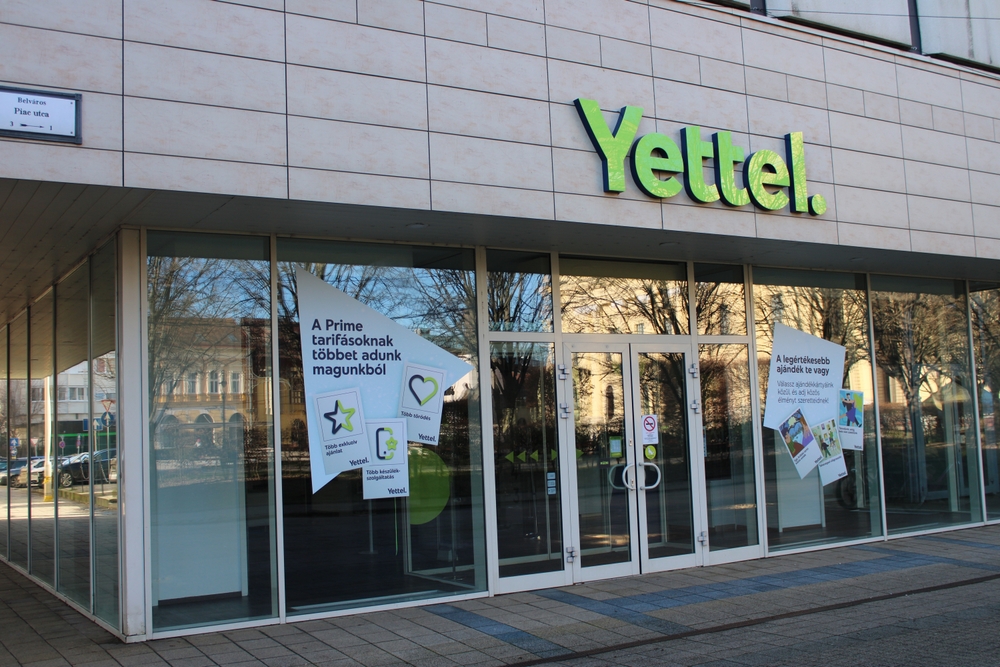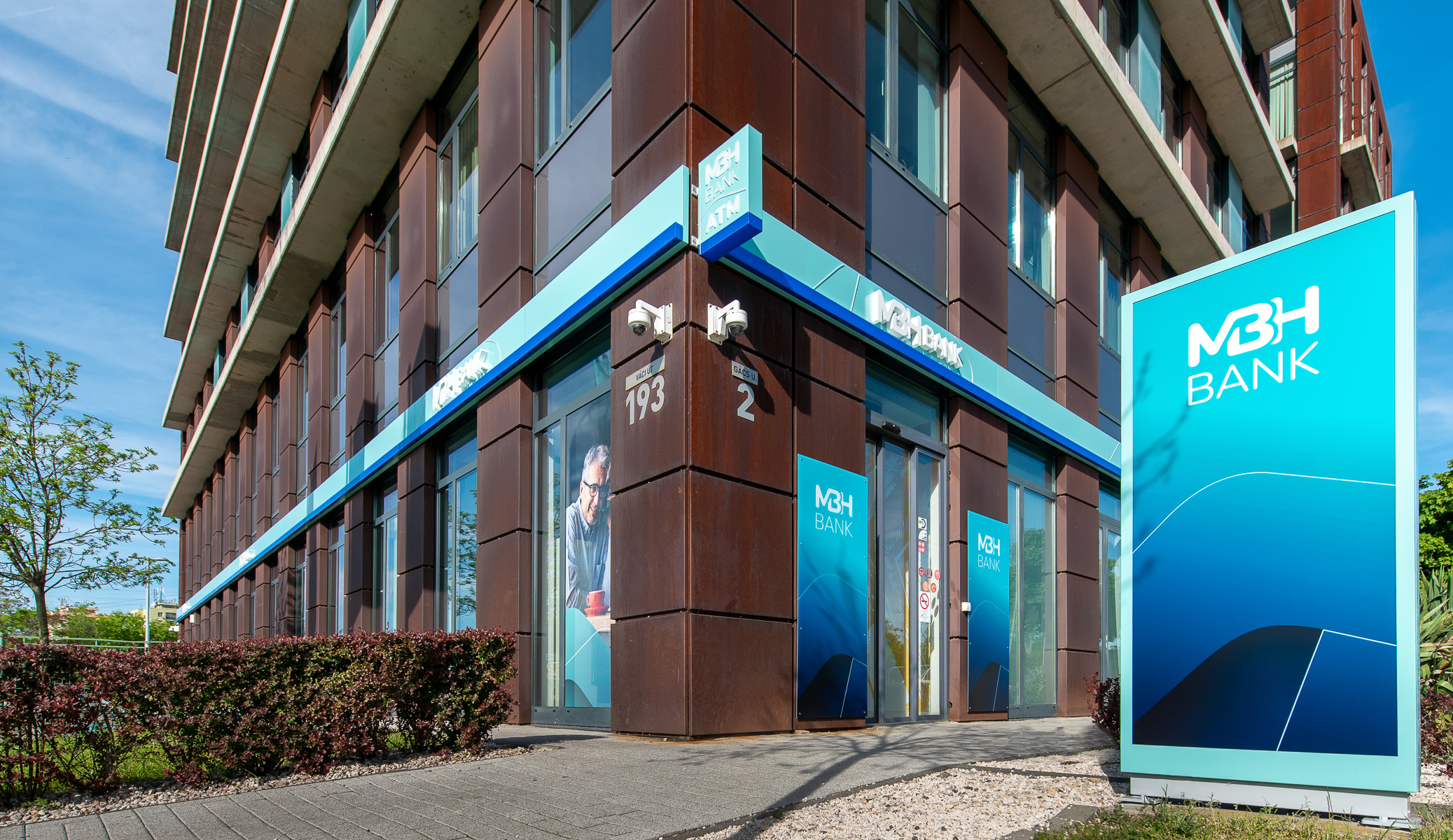Hungary's 1st industrial 5G private network goes live at Foxconn's factory

Image by Shutterstock.com
After a six-month test period at Foxconn's Komárom factory, Hungary's first industrial 5G private network is now live. The solutions tailored to Foxconn's needs and the construction of the 5G infrastructure were implemented with the help of Ericsson and Vodafone Hungary.
"It is in the interest of the entire Hungarian communications sector that 5G developments become part of everyday life in as many areas as possible, as new generation networks serve sustainability, growth and efficiency. More efficient solutions spare energy, time and resources, so each new solution gives room for further development," said Péter Vári, deputy director general of the National Media and Infocommunication Authority.
"Here in Komárom this is literally happening: thousands of meters of cable will disappear in the testing room and this will free up space for new creative solutions, flexibility and change. I trust that the private network in Komárom, which is one of the first ones will be followed by a number of similar, high-quality 5G networks across the country as soon as possible,” he added.
In the partnership agreement concluded in the summer of 2019, Ericsson provided the network tools for development, while the 5G connection for communication between the devices was established on the Vodafone Hungary network. Inspired by the success, the parties are committed to working together in the future in order to boost the industrial development of 5G in Hungary.
Péter Tálos, vice president of Foxconn notes, “At Foxconn, we believe that 5G is the technology of the future, a platform upon which entirely new, innovative manufacturing solutions can be built. It will be possible to create cable-free, wireless factories to exploit buildings with unprecedented efficiency to the extent of capacity flexibility that has not been known. Although due to the limited supply of tools on the clients' end, the industrial use of 5G is still in a teething phase, there are areas where it can be used in practice already."
"In the case of our company for example, there are the non-fixed 5G-based test cars, on which freshly manufactured PCs are tested before packaging. The wireless solution based on the 5G network has greatly increased the flexibility of testing, optimising time and space usage,” he said.
The main benefits of the private network are information security, network capacity to meet industrial needs, and customizability. Mobile service providers build the network, necessary for the operation and specific needs of their partners, which they operate on the basis of a specific contract with strict parameters. Data used in operation, as well as analytical and statistics of production, shall always remain within the network – with 5G technology, you can create a safer communication channel with data traffic-guaranteed parameters than with WiFi-based solutions currently available. These private networks allow for extremely high capacity and device service with a very low latency to meet the needs of Industry 4.0 solutions.
Mátyás Dobó, deputy CEO of Vodafone Enterprise Business explained, "As a new generation telecommunications provider, we at Vodafone are working to bring digitization and technology to the service of companies. We are proud that more than a year and a half after the commercial use of 5G was first made available in Hungary, we can now set the first milestones in its industrial use. We are constantly looking for products and services that aim at digitization of businesses, thereby increasing their efficiency and competitiveness. It is a great pleasure for us that in Foxconn we have found a partner who is open to new solutions to technology and who dares to experiment with us – I am glad that in the future we can continue to work with them and Ericsson."
Over the past few years, Ericsson has pioneered the introduction of 5G technology in industries. Digitization and the need to use wireless technology are constantly increasing in many industries in order to improve business processes and increase productivity. A high-performance and stable individual network is needed to satisfy the need for flexible manufacturing and customization. of industry actors.
Private 5G allows businesses to expand their opportunities, dynamically adapt to changing market needs and ensure that business processes are always optimized. Industries can exploit innovative applications such as sensor technology, automatic guided vehicles (AGVs), drones, heavy machinery automation, and robotics, for which the existence of private 5G networks is essential.
Szabolcs Rádi, key account manager of Ericsson Hungary said, “We are very pleased to be able to work together to promote the spread of 5G in industry with such innovative partners as Foxconn and Vodafone. At Ericsson we are constantly working to make the most use of interconnectivity with our innovations to promote the development of different industries and economies. This cooperation is a good example of the unique potential of wireless solutions and their high level of reliability and information security. We are proud that with the help of 5G private network developed with Vodafone, Foxconn can adapt to rapidly changing market needs and be at the forefront of using the latest technology of innovation.”
In addition to building the 5G infrastructure, Foxconn is also a pioneer in other innovative solutions in Hungary. The industrial use of HoloLens and its integration into the 5G environment are also being tested in both their test hall and assembly plant. Thanks to this solution, the previously very time-consuming server testing now can be carried out quickly and efficiently with the augmented reality, regardless of whether or not the person conducting the test has physical contact with the server. Besides with the Virtual Training application, new applicants for certain parts of the workflow can be trained in a much shorter time, as in addition to projecting text instructions for the particular workflow, the location of the required components and the assembly process are also shown virtually with the help of HoloLens to the operators involved in the training process.
SUPPORT THE BUDAPEST BUSINESS JOURNAL
Producing journalism that is worthy of the name is a costly business. For 27 years, the publishers, editors and reporters of the Budapest Business Journal have striven to bring you business news that works, information that you can trust, that is factual, accurate and presented without fear or favor.
Newspaper organizations across the globe have struggled to find a business model that allows them to continue to excel, without compromising their ability to perform. Most recently, some have experimented with the idea of involving their most important stakeholders, their readers.
We would like to offer that same opportunity to our readers. We would like to invite you to help us deliver the quality business journalism you require. Hit our Support the BBJ button and you can choose the how much and how often you send us your contributions.












